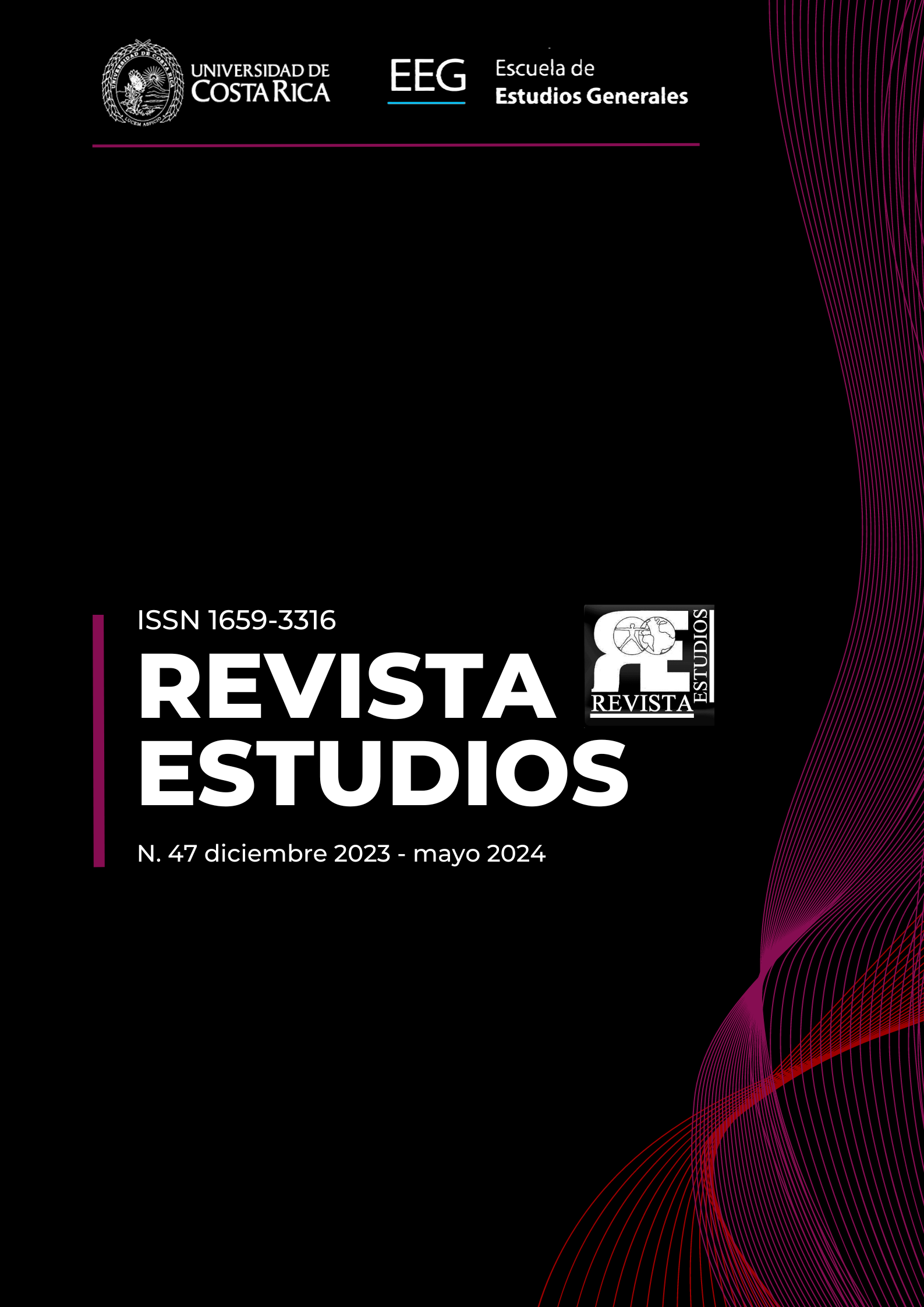Abstract
This article is a theoretical approach to neuroeducational strategies, as a possible path, to favor the attitude towards study and develop metacognitive skills in university students. Several studies have verified that a relevant variable to generate a positive attitude and develop metacognitive skills in university students is the teacher's teaching method. One of the sciences that favors educational processes is neuroeducation since despite being a relatively new science and several of its theories are still under investigation, it presents significant data on the study of the brain, its processes and offers relevant data for learning and the functions that support it. Upon concluding that neuroeducational strategies favor educational processes, we would have to do a second investigation on which are specifically the strategies that favor the attitude of students and develop their metacognitive skills.
References
Araya-Pizarro, S.C., Espinoza Pastén, L. (2020). Aportes desde las neurociencias para la comprensión de los procesos de aprendizaje en los contextos educativos. Propósitos y Representaciones, 8(1), e312. http://dx.doi.org/10.20511/pyr2020.v8n1.312
Aparici, R. Martínez-Pérez, J., Fernando, R. Bordignon A. (2021). Alfabetización algorítmica basada en la metodología de Paulo Freire. Perfiles Educativos, XLIII,36-54. Redalyc. https://www.redalyc.org/articulo.oa?id=13271625005
Barría, V., Martínez, R., Robledo, H. (2022). Estilos de aprendizaje y metacognición en la Práctica Profesional. Praxis & Saber, 13(35), e14460. https://doi.org/10.19053/22160159.v13.n35.2022.14460
Boscán, A. (2011). Modelo didáctico basado en las neurociencias para la enseñanza de las Ciencias Naturales. [Tesis inédita de Doctorado en Ciencias de la Educación]. Universidad Rafael Belloso Chacín.
Briones Cedeño, G. C., & Benavides Bailón, J. (2021). Estrategias neurodidácticas en el proceso enseñanza-aprendizaje de educación básica. Revista de Ciencias Humanísticas y Sociales (ReHuso), 6(1), 71-79. https://doi.org/10.5281/zenodo.5512773
Cantillo Anaya, K., De la Hoz Molina, Á., & Cerchiaro Ceballos, E. (2014). Actividad metacognitiva en estudiantes universitarios: un estudio preliminar. Psicología desde el Caribe, 31(3), 455-474.
Codina, M. (2014). Neuroeducación en virtudes cordiales. Una propuesta a partir de la neuroeducación y la ética discursiva cordial. . [Tesis inédita de Doctorado en Ética y Democracia]. Universidad de Valencia, España. https://www.academia.edu/12975357/Tesis_doctoral_Neuroeducación_en_virtudes_cordiales_Una_propuesta_a_partir_de_la_Neuroeducación_y_de_la_ética_discursiva_cordial
Domínguez Márquez, M. (2019). Neuroeducación: elemento para potenciar el aprendizaje en las aulas del siglo XXI. Educación y ciencia, 8(52), 66-76.
Gago, L., & Elgier, Á. (2018). Trazando puentes entre las neurociencias y la educación. Aportes, límites y caminos futuros en el campo educativo. Psicogente, 21(40), 476–494. https://doi.org/10.17081/psico.21.40.3087
Garcés-Vieira M.V, Suárez-Escudero J.C. (2014). Neuroplasticidad: aspectos bioquímicos y neurofisiológicos. Rev CES Med; 28(1): 119-132.
Gargallo López, B., Almerich Cerveró, G., García Félix, E., Jiménez Rodríguez, M. Á. (2011). Actitudes ante el aprendizaje en estudiantes universitarios excelentes y en estudiantes medios. Teoría de la Educación. Educación y Cultura en la Sociedad de la Información, 12(3), 200-220.
Manganiello, E. M. (1976). Introducción a las Ciencias de la Educación, ed. Librería del Colegio.
Marfileño, V. (2018). Actitudes de los estudiantes hacia el estudio. Caleidoscopio - Revista Semestral de Ciencias Sociales y Humanidades. 18. 139. https://doi.org/10.33064/33crscsh562
OECD. (2019). Higher Education in Mexico: Labour Market Relevance and Outcomes, Higher Education, OECD Publishing. https://www.oecd.org/fr/publications/higher-education-in-mexico-9789264309432-en.htm
Osorio Gómez, L. A., Vidanovic Geremich, M. A., Finol De Franco, P. M. (2021). Elementos del proceso de enseñanza – aprendizaje y su interacción en el ámbito educativo. Revista Qualitas, 23(23), 001 - 011. https://doi.org/10.55867/qual23.01
Rojas-Ciudad, C. A., & Esquerre-Ramos, L. A. (2021). Estilos de aprendizaje y metacognición en estudiantes universitarios. Polo del Conocimiento: Revista científico-profesional, 6(6), 1131-1143. Dialnet. https://dialnet.unirioja.es/servlet/articulo?codigo=8017019
Toledo Vita, V. (2020). Generación Z, el fin del mundo tal y como lo conocemos. [Tesis inédita de maestría en Matrimonio y Familia]. Universidad de Navarra, España. https://dadun.unav.edu/bitstream/10171/59091/1/2019_2020%20TOLEDO%20VITA%2C%20Victoria.pdf
UNDP. (2021). Antecedentes | PNUD. [online] https://www.undp.org/content/undp/es/home/sustainable-development-goals/background/
##plugins.facebook.comentarios##

This work is licensed under a Creative Commons Attribution-NonCommercial-ShareAlike 4.0 International License.
Copyright (c) 2023 Silvia Yunuén González Cabrera y Noemí Alejandra Pinto Rodríguez


